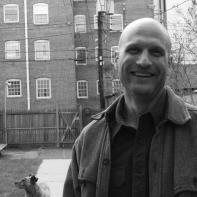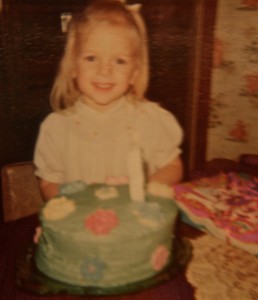 Eric Hawkins from Issues 2 and 3 is in the process of applying to graduate programs. He shares with us these words:
Eric Hawkins from Issues 2 and 3 is in the process of applying to graduate programs. He shares with us these words:
When I graduated three years ago, I was unsure of what the future would hold for me professionally and academically. A degree in English carries with it few obvious career paths, especially for someone like me whose focus was in poetry. All I knew for sure was that I wanted to be involved with literature as much as possible. I sought advice from one of my professors, who recommended I take at least a year before enrolling in graduate school to explore possible career paths and see if anything spoke to me.
My overwhelmingly-positive experience with Superstition Review led me to the world of publishing. I moved to New York City and set about applying at publishing houses, magazines, and advertising agencies. I eventually landed an internship with a literary agency, where my job was reading and evaluating manuscripts from writers seeking representation. It was enjoyable and interesting work, but it was temporary (not to mention unpaid) so before long I had to move on.
It is no secret that the job market is tough across the board, but print media has been hit especially hard. I had no illusions that finding a great job in the hyper-competitive environment of New York would be easy, but I was still stunned at just how grueling the process was.
Ultimately I came to the realization that I was going to have to fight very hard to build any kind of career that would satisfy my passions, and I decided that a job in publishing was not something I wanted badly enough to justify the struggle. With that in mind, I left New York to further develop my poetry and determine my priorities. Since then I have been writing extensively, and have even had a few poems published.
When I think back to my favorite parts of studying English at Arizona State, the thing that stands out the most are the poetry workshops. I love discussing the thematic and technical complexities of poems, and those sessions really helped me overcome my shyness with regards to my own work. These fond memories led me to realize that I wanted to be a teacher, and toward that end I have decided to go for my Master’s degree.
Even though I find myself now in the same position as if I had gone straight from ASU to grad school, I will always be grateful to that professor who advised me to wait. Would I give the same advice to someone else in my former situation? That would depend on how clear of an idea they had about their future. Coming out of college I had only vague notions and scattered ambitions, and these past three years outside of an academic environment have taught me a lot about myself as a person and a writer. Most importantly I now have complete confidence that teaching is what I am meant to do, and it is worth the struggle.


